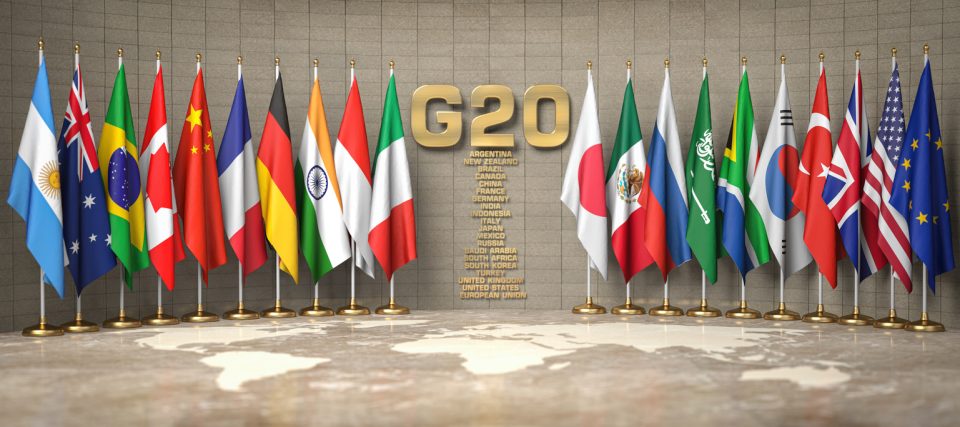
Developed world must do more to achieve zero emission: India

If the world is to achieve net zero emissions by 2050, developed countries will have to scale up their emission reduction efforts, India told G7 Ministers meeting on Climate Energy and Environment in Japan’s Sapporo on Saturday (April 15).
This will create opportunities for developing countries like India to address the needs of its people, which will build resilience against the adverse impact of climate change, environmental degradation and pollution, Environment Minister Bhupender Yadav said at the plenary session.
Also Read: G20 consensus that regulations on crypto assets has to be global: Nirmala Sitharaman in US
He underlined that developing countries require access to adequate means of implementation, finance, and technology to effectively combat climate change and address environmental challenges.
“The global goal of reaching net zero by 2050 needs enhanced emission descaling by developed nations. This will provide space for countries like India to achieve the development required for its people,” he said.
Net zero
Net zero means achieving a balance between the greenhouse gases put into the atmosphere and those taken out.
“We do hope that developed countries will make good on their commitments on finance for combating climate change and provide for the same for dealing with the environmental degradation and biodiversity loss,” a statement quoted the minister as saying.
Also Watch: G20: ‘China is playing a choreographed game’
Yadav said while efforts have been made to establish policy frameworks to tackle climate change, it was necessary for governments worldwide to engage individuals and promote greater public participation in the battle against climate change.
The G-7 includes Canada, France, Germany, Italy, Japan, the United States and the United Kingdom.
The G-7 summit in Germany last year established a shared objective of transitioning towards a predominantly decarbonized electricity supply by 2035.
Indian stand
In New Delhi last month, Yadav said that India was free to use its resources to fulfil the energy needs of its people and countries historically responsible for climate change cannot ask it to stop its development.
India firmly believes that any action to combat climate change must be based on the principles of equity and Common but Differentiated Responsibilities and Respective Capabilities (CBDR-RC).
Also Read: Net zero or carbon neutral? What matters is the intent to change
Equity essentially means that each country’s share of carbon dioxide emissions is equal to its share of the global population.
The CBDR-RC principle recognises that each country is responsible for addressing climate change but developed countries should bear primary responsibilities as they account for most of the historical and current greenhouse gas emissions.
Ranking fourth, India accounted for seven per cent of global CO2 emissions.
However, at 2.4 tCO2e (tonne carbon dioxide equivalent), India’s per capita greenhouse gas emission is far below the global average of 6.3 tCO2e, according to a report by the United Nations Environment Programme.
(With agency inputs)

